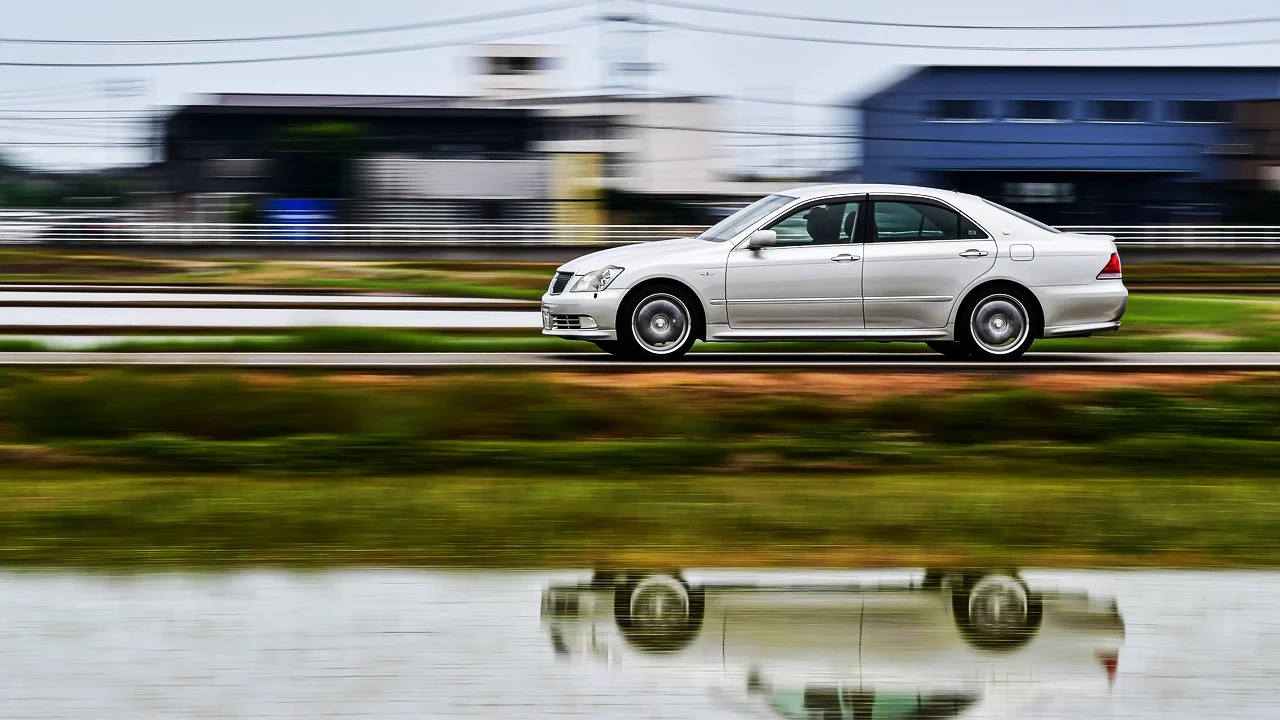Driving at 70 mph or more can cause a car to shake or vibrate, which can be frightening and sometimes dangerous. This problem could be caused by several things, therefore precisely diagnosing it is essential to ensuring both safety and comfort when driving. This extensive paper covers everything from wheel alignment to engine problems, examining the various causes of your car’s shaking at this speed and offering solutions.
Problems with the Wheels and Tires
Tire or wheel issues are among the most frequent reasons why cars shake at greater speeds. Since your car’s tires are the only component in direct touch with the road, they must be in good condition for a comfortable ride.
Wheel balancing
Tire imbalance can occur over time and cause an unequal distribution of weight. At faster speeds, like 70 miles per hour, this mismatch is most apparent. To maintain smooth rotation, tire balancing entails adjusting the weights of your wheels. If your tires haven’t been balanced recently, this could be the main reason why you’re shaking.
Wheel Placement
Your automobile may shake or tremble if its wheels are not aligned properly, especially when you’re moving faster. Wheel alignment entails modifying the wheel angles to meet the manufacturer’s suggested parameters. You may run into misalignment when you run into curbs, potholes, or other obstructions. Making sure your wheels are aligned correctly might either completely stop or greatly lessen the shaking.
Issues with the Steering System
Vibrations at high speeds can be caused by problems in the steering system, such as worn-out tie rods or ball joints. These parts aid in maintaining control by joining the wheels to the steering system. They may eventually wear down and cause play in the steering system, which will cause vibrations or trembling.
Problems with the Engine and Transmission
Your car may tremble at specific speeds if there are issues with the engine or transmission, though these are less common. More thorough diagnostics are often necessary for these problems.
Engine Explosion
When the fuel-air combination is not ignited at the proper moment by one or more cylinders, an engine misfires. Especially at certain speeds or when there is a load, this may result in trembling and tremors. Spark plugs, ignition coils, and fuel injectors can all malfunction and cause misfires.
Issues with Transmission
Shaking may be caused by transmission problems, such as a worn torque converter or issues with the transmission mounts. Power is transferred from the engine to the wheels through the transmission, and problems with this system can cause vibrations, particularly at higher speeds.
Problems with the driveshaft
Power is transmitted from the transmission to the wheels and differential via the driveshaft. Particularly at higher speeds, vibrations may result from a bent or damaged driveshaft or from worn-out universal joints (U-joints).
In conclusion, there are several reasons why a car may shake at 70 mph, ranging from straightforward tire imbalances to intricate engine or powertrain faults. The most frequent causes include worn suspension or steering parts, possible engine or transmission problems, and improper tire balancing and alignment.
Preventing vibrations of this kind requires routine maintenance, which includes tire rotation, balance, alignment inspections, and timely replacement of damaged parts. To identify and properly resolve the underlying issue, it may be important to seek professional diagnostic services if the problem continues after taking these steps. Maintaining your car’s smooth operation at all speeds not only improves your driving pleasure but also protects other drivers and you.

